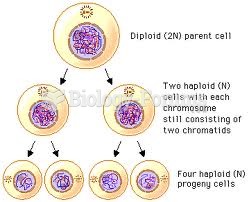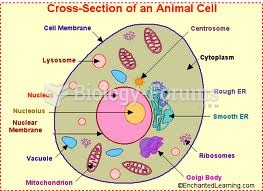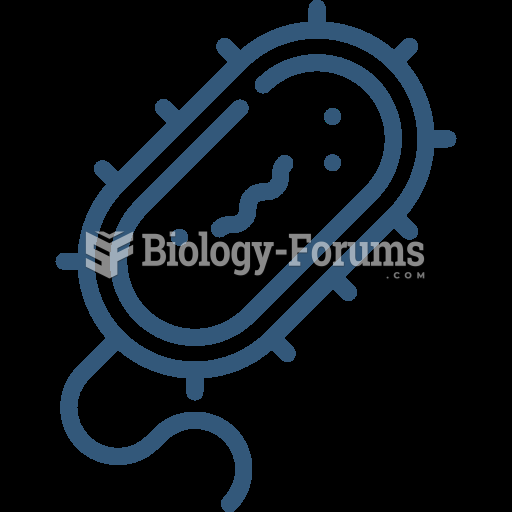|
|
|
There are 20 feet of blood vessels in each square inch of human skin.
Barbituric acid, the base material of barbiturates, was first synthesized in 1863 by Adolph von Bayer. His company later went on to synthesize aspirin for the first time, and Bayer aspirin is still a popular brand today.
Urine turns bright yellow if larger than normal amounts of certain substances are consumed; one of these substances is asparagus.
Adolescents often feel clumsy during puberty because during this time of development, their hands and feet grow faster than their arms and legs do. The body is therefore out of proportion. One out of five adolescents actually experiences growing pains during this period.
Illicit drug use costs the United States approximately $181 billion every year.







